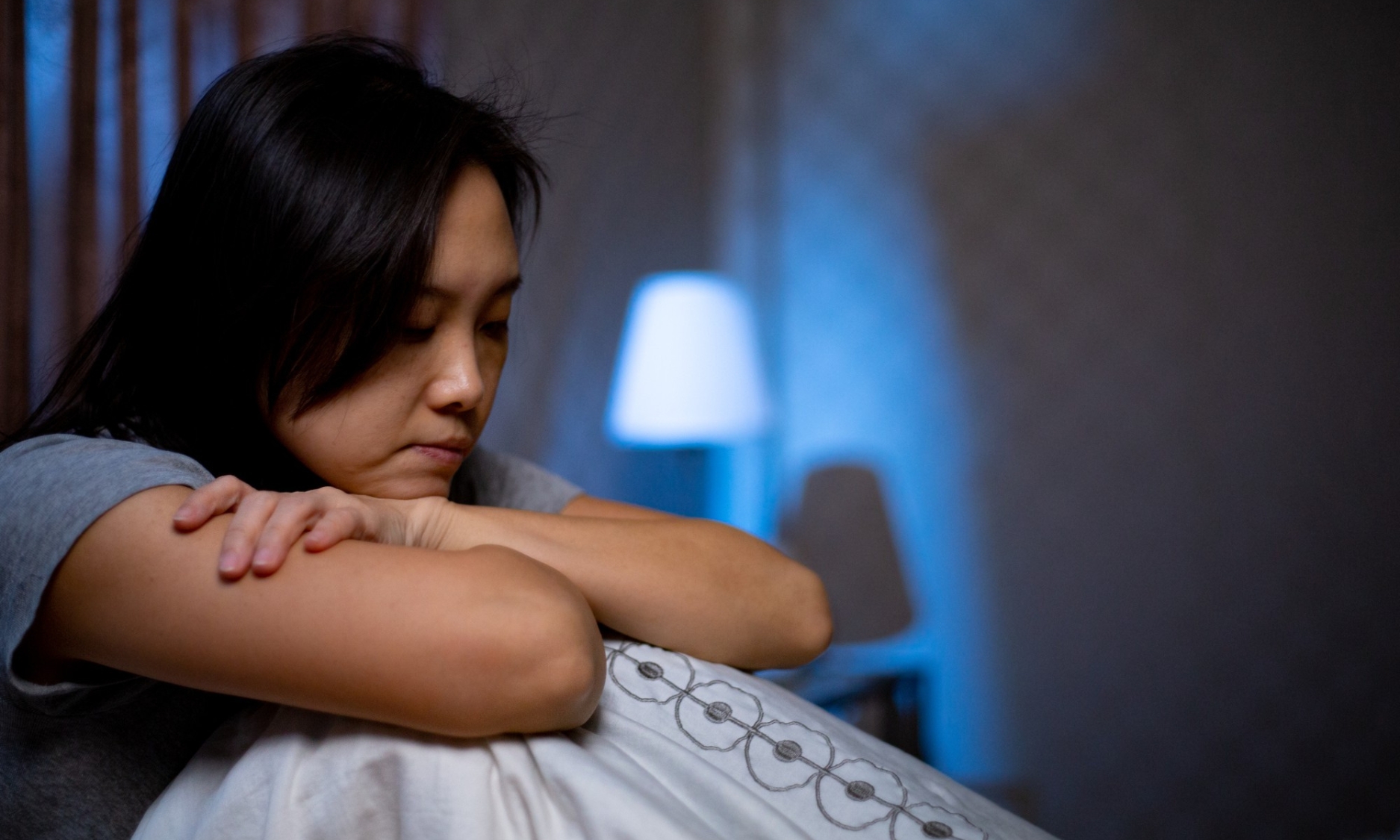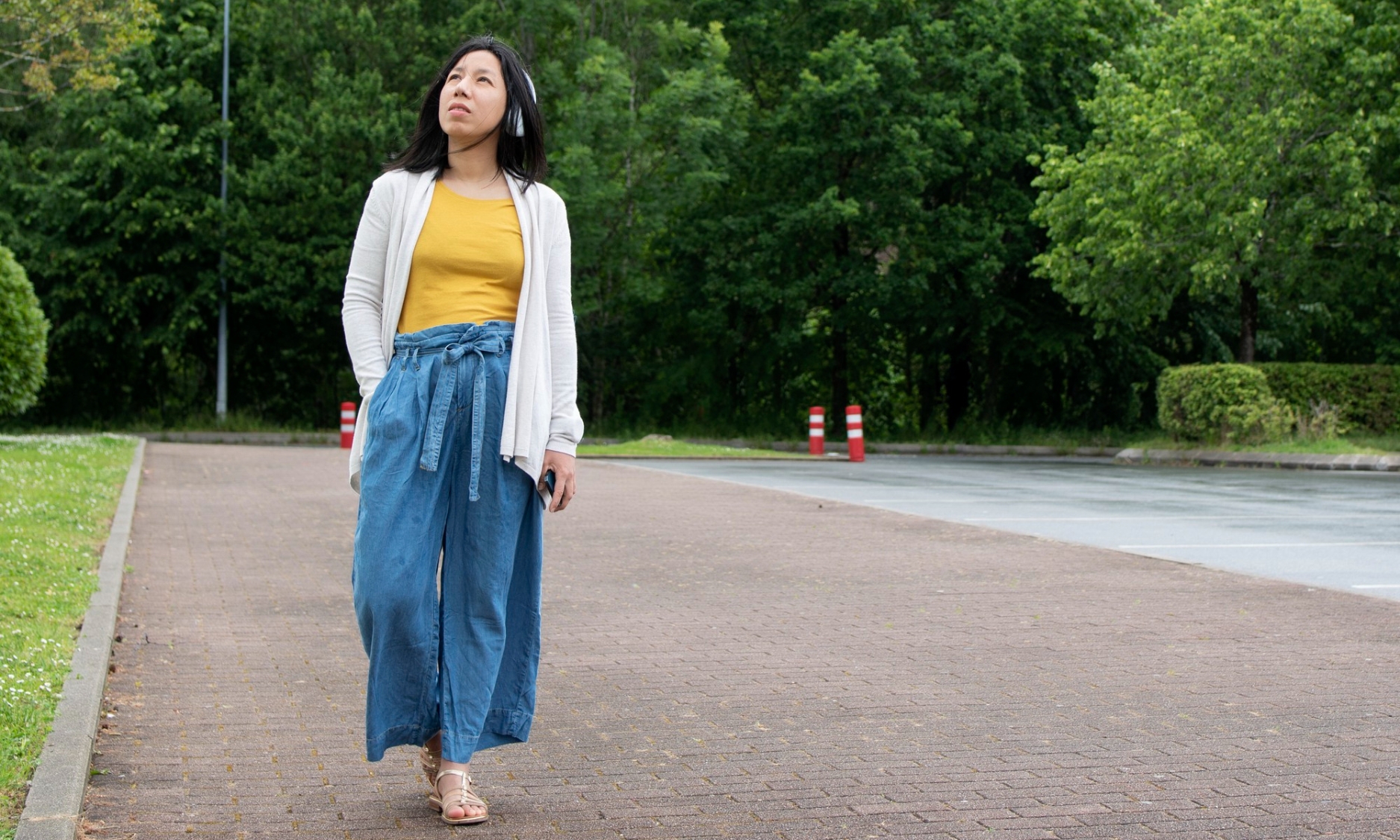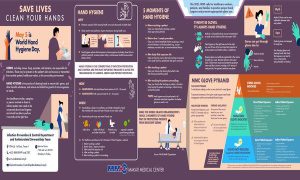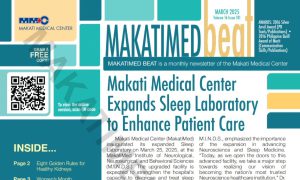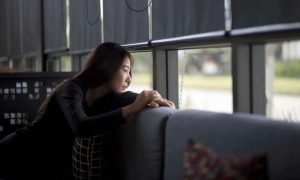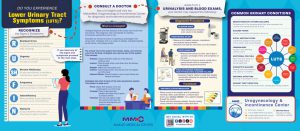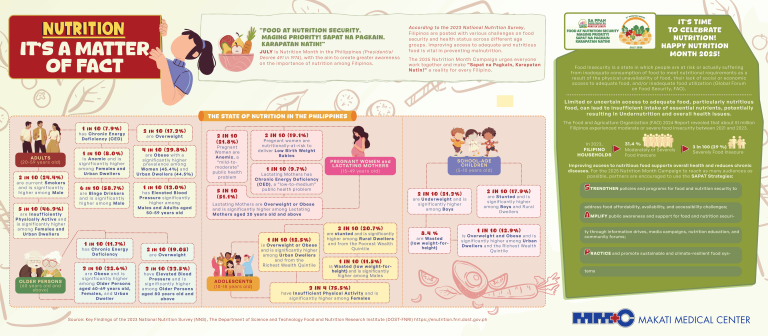The holidays are a joyful time for gifts, get-togethers, and laughs—but sometimes, it’s hard to truly feel the cheer. For some, this struggle goes beyond the usual holiday stress and can be a sign of something more serious: Seasonal Affective Disorder (SAD).
SAD is a type of depression that typically begins and ends at the same time each year. Abroad, SAD typically occurs during the fall and winter months when shorter daylight hours lead to reduced light exposure. This lack of light can decrease serotonin levels, a hormone crucial for mood regulation.
Maria Teresa Gustilo-Villasor, MD, a Clinical Psychologist at Makati Medical Center (MakatiMed), points out that Filipinos can also experience SAD even without the fall and winter seasons in the country.
“SAD is part of the depression spectrum that’s distinct because it’s seasonal,” explains Dr. Gustilo-Villasor, adding that Filipino patients with SAD usually go to their clinics complaining about how much they “hate Christmas” and experiencing a lingering sense of despair during the holidays. “If you are already predisposed to depression then it can happen to you, too.”
Several factors increase the risk of developing SAD. Sensitivity to light or its absence is a major trigger, and poor nutritional choices can worsen symptoms. A lack of physical activity can also trigger the condition. You should also watch out to see if the symptoms above occur consistently at the same time each year, as SAD typically follows this pattern.
According to the expert, seek help if you notice significant changes in your sleeping patterns, impulsivity, and restlessness. “For us to diagnose someone with SAD, they have to show a history of getting it around the same time for two (2) years in a row,” says Dr. Gustilo-Villasor.
Further diagnosis includes a look into your social case history, involving an in-depth interview about the patient’s background and lifestyle to identify contributing factors. They then use psychological tests to confirm the diagnosis and assess the severity of symptoms. This combined approach ensures a thorough evaluation of the condition. Being diagnosed with SAD can feel overwhelming and isolating, but do hold out hope, because there are ways to fight back against it.
Get up, get out, and get moving
The first step in addressing SAD is to counteract the tendency to withdraw from social interactions. It is recommended to spend time with others, as social engagement can help alleviate feelings of isolation. “We recommend being with people, maybe attending Christmas gatherings if you can,” Dr. Gustilo-Villasor says.
Additionally, physical movement is crucial; engaging in activities like dancing or simply walking can be beneficial. “We notice that depressives don’t like to move, so one of the first things we ask them to do is go for a walk,” Dr. Gustilo-Villasor points out.
Exercise is essential for mental health because it triggers the release of both serotonin and endorphins, another chemical that acts as a natural mood elevator. This is why even light exercise like walking can create a positive shift in mood and energy levels, making it a powerful
Pay more attention to your food and drinks
Dr. Gustilo-Villasor shares that certain vitamins may be beneficial for managing SAD. For instance, Vitamin D can be helpful as it mimics the effects of sunlight. Additionally, incorporating foods like bananas, which are a good source of serotonin, can be advantageous. Opting for fruits, particularly yellow-colored ones, is generally better than consuming junk food, as they can support overall mood and well-being.
When dealing with Seasonal Affective Disorder (SAD), it’s best to avoid or limit certain foods and beverages that can negatively impact mental health. These include caffeinated drinks like coffee and soda, alcoholic beverages, sugary foods, deep-fried items, and refined or processed foods. These options are often low in essential nutrients that support brain health.
Be mindful of how else you cope
Some people give themselves a pick-me-up with a sweet treat—which Dr. Gustilo-Villasor says is fine as long as there’s a balance. Be sure to set limits and avoid overindulgence, like postponing snacking by engaging in another activity first such as taking a walk.
Additionally, Dr. Gustilo-Villasor notes that retail therapy might provide temporary relief, but its effects are often short-lived. While shopping can offer a momentary boost, that happiness typically fades once you return home. Thus, retail therapy may serve as a brief distraction, but it’s worth noting it does not address the underlying mental health issues.
The holiday season is the time for sharing and giving. This should include gifting yourself peace of mind. This Christmas, be kind to yourself and focus on what you need to improve your mental wellness. Don’t forget that seeking professional help is a huge first step in making sense of your
inner world.
Article based on the MakatiMed Vodcast episode “Seasonal Affective Disorder (SAD)” with Maria Teresa Gustilo-Villasor, MD last December 18, 2019.
MakatiMed is home to the Mind Wellness & Holistic Care Center that offers psychological assessments and counseling along with our NeuroPsychiatry Consultants, and also the Esketamine Care Center that helps individuals with Treatment-Resistant Depression (TRD) and Major Depressive Disorder with Imminent Suicide Intent.
Follow our social media pages for more health-related content and for the latest updates: https://www.makatimed.net.ph/social-media-pages/https://www.makatimed.net.ph/social-media-pages/

